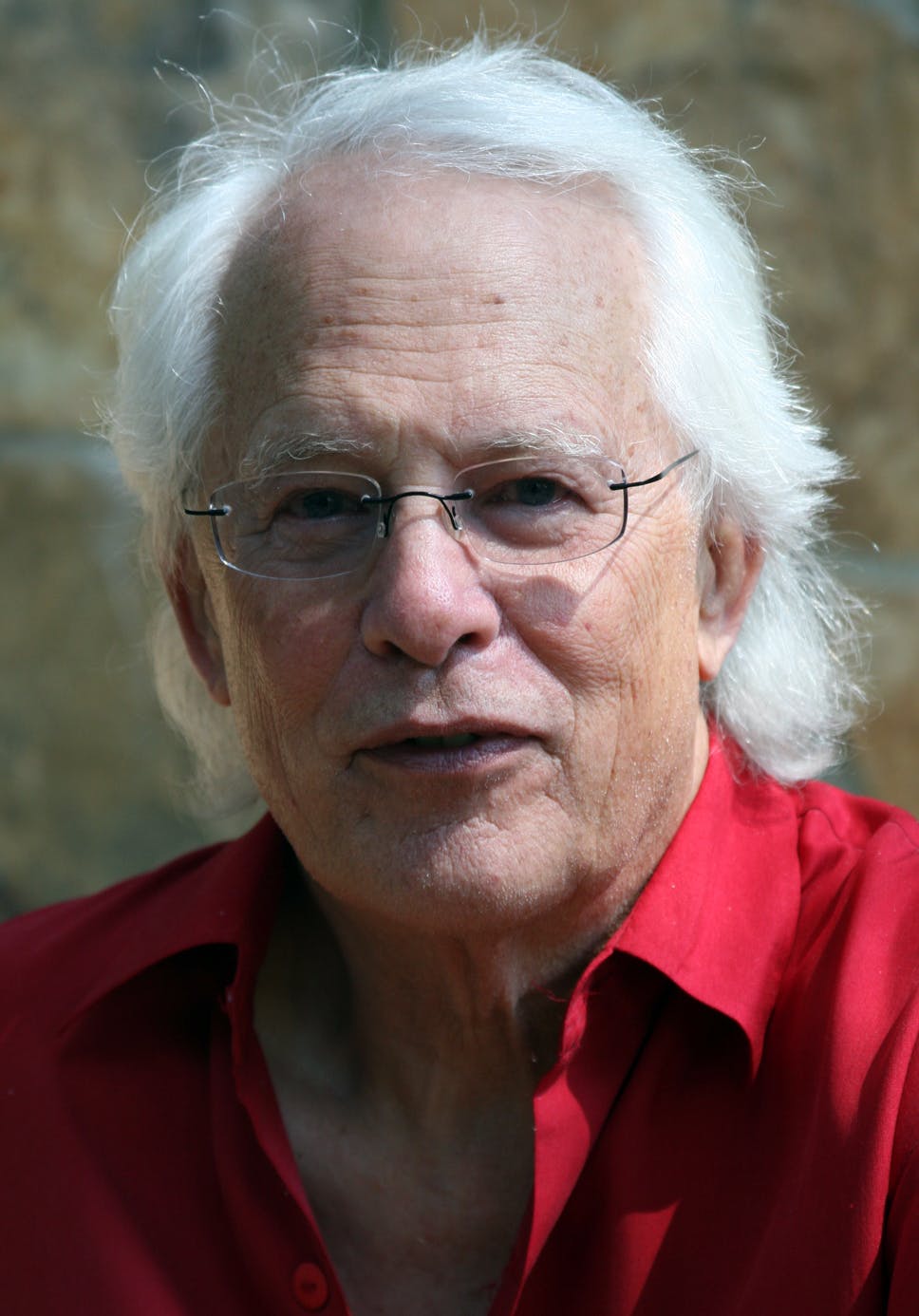While many scholars, researchers, and journalists have gone on ridealongs with police officers, Wellford (Buzz) Wilms used his observations of policing in South Los Angeles to illustrate a different aspect of law enforcement. The UCLA professor emeritus of education has a forthcoming book titled, “Blind to Injustice: How I Learned to See From Eight Years on the Streets With the LAPD and the People,” which seeks to open readers’ eyes to popular misconceptions of life in one of the most crime-ridden areas in the nation.
“In the early 1990s after the Rodney King beating, everyone – including me – thought that community policing could restore trust between the LAPD and the community,” says Wilms. “But it never happened. Mistrust, especially among African Americans, is too deeply ingrained, and the LAPD couldn’t give up control. South Los Angeles is in serious need of a grassroots movement to bring residents into the equation.”
Wilms says that most people don’t see the “injustice that goes on – it’s like another world. There are millions of people who like me, looked at South LA as a foreign land. Many l think, ‘I don’t know my way around and I don’t feel not welcome there.’ None of that is true; it’s a wonderful part of the city. It’s disconnected because of monumental poverty, bad schools, drugs, and violence. As long as we remain blind to the condition of the thousands of people who call South LA home there’s not much that can be done to end its isolation. That’s the main purpose of my book – to open peoples’ eyes.”
Wilms, with Avis Ridley-Thomas teaches a course to UCLA undergrads in the Education Minor on conflict resolution.
“Avis and I helped create a community center for conflict resolution at Soledad Enrichment Action (SEA), a small charter school,” he says. “It’s given me the chance to meet individuals in South L.A. who were working from within the community to change the high risk environment for its youth. There is no better way to learn about a place than to do something useful and develop friendships.” For example, Travon Williams established the nonprofit One Way Outreach to provide young boys and men with personal guidance, educational aspirations, and most importantly, a safe and supportive environment to deter them from entering lives of violence and gangs. “This is the only way it’s going to change – it has to come from the people themselves,” says Wilms.
Wilms and Ridley-Thomas are now forming a collaboration with the newly established Horace Mann UCLA Community School. A team of trained UCLA undergraduate mediators is working at the site to reduce conflict among students and to teach them alternatives to violence. Wilms says that UCLA’s stature as a land grant university is a compelling reason for it to become a critical player in changing and improving conditions in South L.A.
“So much of it goes back to the fabric of the neighborhoods and households,” says Wilms. “So many of these kids are suffering deeply. Perhaps they have one parent, and that parent may be a drug addict. My hope is that organizations like OneWay and Horace MannUCLA Community School can help rebuild the fabric of these neighborhoods. It’s also a fantastic opportunity for the UCLA students to make a difference.”
For an interview with Professor Wilms on Truthdig, click here.
